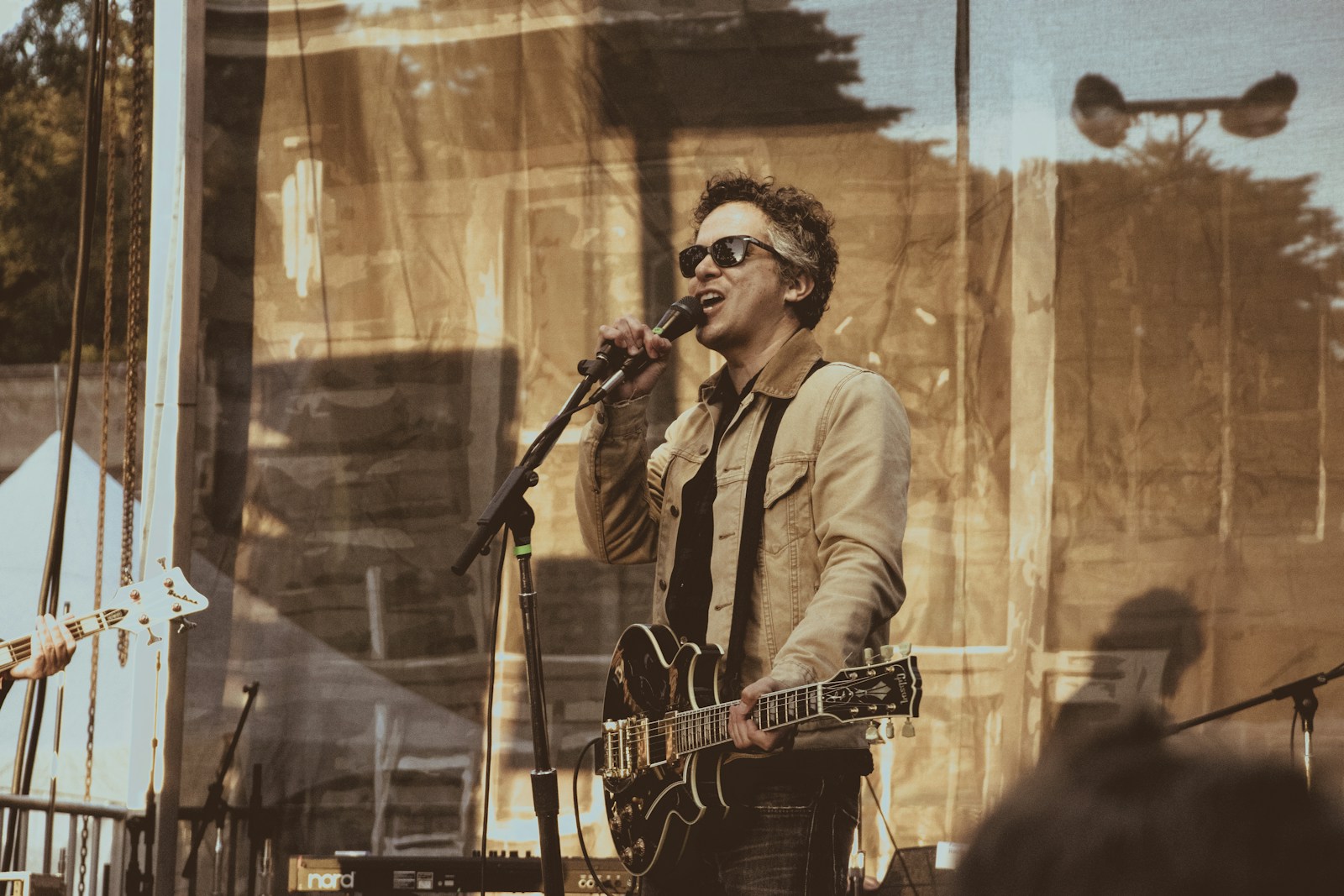
几乎不
jī hū bù

hardly
In Chinese, '几乎不' means 'hardly'. It is used to express that something happens to such a small degree or frequency. It usually goes in front of a verb. Just like in English, it implies that the action is done with a lot of difficulty or not at all.
Example sentences using: 几乎不
他几乎不认识她。
Tā jīhū bù rènshì tā.

He barely knows her.
In this sentence, '几乎不' is used to express the minimal knowledge the subject ('he') has about the object ('her').
我几乎不吃肉。
Wǒ jīhū bù chī ròu.

I almost don't eat meat.
This sentence is saying that the speaker very infrequently or almost never eats meat.
他几乎不说话。
Tā jīhū bù shuōhuà.

He hardly talks.
This phrase is expressing that the person in question, 'he', seldom or almost never speaks.
我几乎不看电视。
Wǒ jīhū bù kàn diànshì.

I hardly watch TV.
None
我几乎不锻炼。
Wǒ jīhū bù duànliàn.

I hardly exercise.
This sentence is communicating that the speaker does not exercise often or almost not at all.
他几乎不笑了。
Tā jīhū bù xiào le.

He hardly smiles anymore.
In this phrase, it is stating that the person in question, 'he', almost never smiles or it is very rare.
我几乎不喝酒。
Wǒ jīhū bù hē jiǔ.

I hardly drink alcohol.
The speaker in this sentence is expressing that they almost never or very rarely drink alcohol.
我几乎不买新衣服。
Wǒ jīhū bù mǎi xīn yīfú.

I hardly buy new clothes.
This sentence is saying that the speaker almost never or very rarely purchases new clothing.
我几乎不读书。
Wǒ jīhū bù dú shū.

I hardly read books.
The person speaking in this sentence is expressing that they almost never or very infrequently read books.
他几乎不写信了。
Tā jīhū bù xiě xìn le.

He hardly writes letters anymore.
It is being communicated in this sentence that the person in question, 'he', virtually never writes letters or it is very rare.